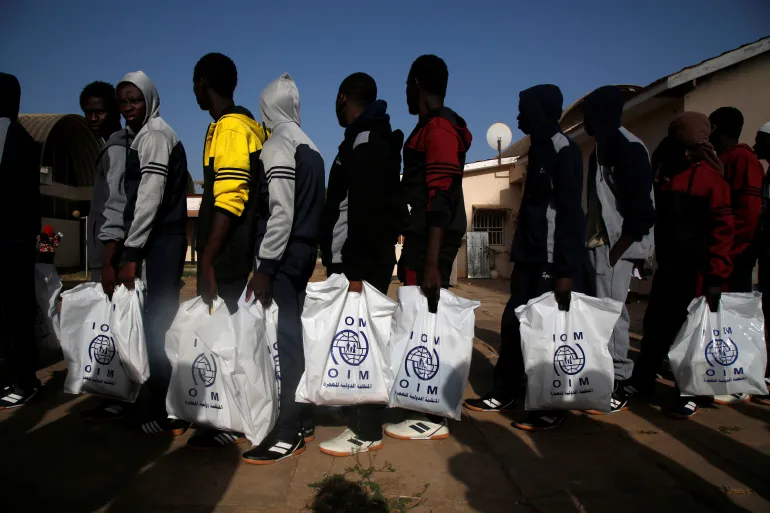Wave of deportations from Europe brings 25 Gambians home, sparking debate on migration policies

A deportation flight carrying 25 Gambian nationals arrived in Banjul on July 9, triggering renewed scrutiny of Europe’s immigration enforcement policies and their human impact.
The majority of those deported were reportedly living in Germany, where they had sought refuge and better economic prospects.
Migration activist Yahya Sonko, a vocal advocate for Gambian diaspora rights, confirmed the details after receiving updates from the wife of one of the deportees.
“This is a harsh reality for Gambians who ventured abroad in hopes of escaping economic hardships,” Sonko said.
“These individuals are often fleeing dire situations, and the circumstances of their return are incredibly difficult for them and their families.”
The flight follows growing momentum across European Union countries to enforce stricter deportation measures.
In May 2025, EU Ambassador to The Gambia, Immaculada Roca Cortés, acknowledged in an interview with The Standard newspaper that over 10,000 Gambians are facing deportation from the EU.
However, she dismissed claims of mass deportations, insisting that returns are being handled gradually, with the actual number in the hundreds.
Many of the recent deportees had lived in Germany for several years. Details of their asylum status or pending legal proceedings remain unclear.
When contacted by Foroyaa, the German Federal Ministry for Migration declined to confirm or deny the deportation, stating it could not comment on individual cases.
The arrival of the deportees at Banjul International Airport was met by humanitarian organizations providing emergency support, including food, basic shelter, and counseling services.
Observers note that reintegration remains one of the most pressing challenges facing returnees, with many lacking employment prospects and social safety nets.
Calls are growing for comprehensive reintegration programs, including mental health care, vocational training, and job placement.
Advocates argue that without targeted assistance, the returnees risk being pushed into deeper economic instability.
The episode has reignited broader debates in both Europe and West Africa about migration justice, international cooperation, and the need for more humane and sustainable approaches to managing migration flows.
As the EU and The Gambia continue diplomatic discussions on migration, families across the country remain braced for the return of more loved ones in the months to come.
About The Author
dailymailafric
I am an avid African news observer, and an active member of Daily Mail Africa.
I’m Passionate about staying informed on diverse topics across the continent,
I actively contribute to publishing on political, economic and cultural developments in Africa.



